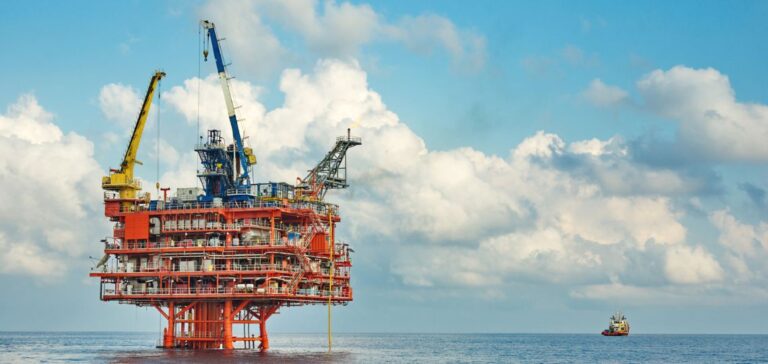The US Bureau of Ocean Energy Management(BOEM) has initiated a new planning phase for future offshore oil and gas lease sales by recommending the evaluation of all available blocks in the Gulf of Mexico. This decision, detailed in the Federal Register on April 1, marks a departure from the targeted leasing approach previously envisaged. The area considered for further environmental analysis includes 17,518 whole and partial blocks, covering a surface area of 94.1 million acres, while excluding areas prohibited following the 2008 and 2020 presidential withdrawals. This includes 17 blocks within the Flower Garden Banks National Marine Sanctuary, as well as most of the Eastern Gulf planning area and a section of the Central Zone.
A new direction for offshore lease sales
BOEM’s proposal follows an agreement signed by Interior Secretary Deb Haaland in December to reduce the number of offshore lease sales to an all-time low, with the intention of holding three oil and gas auctions over the five-year period 2024-2029. However, this strategy has drawn criticism from the oil and gas industry, as well as from some environmental groups. A spokesman for the American Petroleum Institute, expressing the industry’s displeasure, said in an April 1 email that the administration’s current approach to offshore leasing was not adequately meeting Americans’ energy needs, pointing to a worrying lack of new offshore lease sales for the current year.
Reactions from industry and environmental groups
On the other hand, the National Ocean Industries Association and oil companies argued against the adoption of a targeted leasing model, arguing that region-wide lease sales were needed to stabilize markets and long-term energy supply. Environmental groups such as the Sierra Club and the Natural Resources Defense Council, however, have recommended a more selective approach, limiting the size of lease sales and promoting the expansion of mitigation measures to reduce impacts on communities and wildlife, as well as greater attention to climate impacts.
Flexibility and auction readiness
BOEM stressed that its recommendation aims to maintain maximum flexibility for Interior Department decisions on future lease sales, while developing reasonable alternatives and determining the environmental analyses and consultations required prior to auction. This approach is not seen as an irreversible commitment of resources, but rather as a preparatory step to adjust future exclusions and mitigation measures based on the results of environmental analyses.
In this complex context, BOEM’s strategy for offshore lease sales in the Gulf of Mexico reflects an effort to balance the development of domestic energy resources with environmental protection, while navigating the challenges posed by global energy market dynamics and environmental concerns.





















